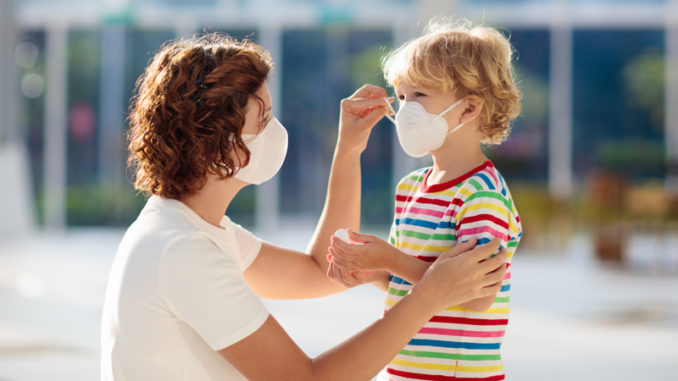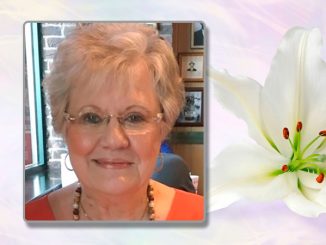
For the average person, COVID-19 has affected just about every aspect of day-to-day decision making, from the biggest actions to the smallest. In these times, most would rather not be wrong.
Some cannot afford to be.
The most severe cases of COVID-19 are often reported with something of a disclaimer that the patient possesses other significant health issues. Some who fit into that category are especially at risk, battling conditions that leave their immune system compromised and vulnerable. For those people, these can be especially scary times.
“I know my overall immune system is weak,” said Megan Hammett, who was diagnosed with Type 1 diabetes at the age of 8. “Things that you see regularly, a common cold or sickness, it can hit you a little bit worse, but it also lengthens recovery time. So my anxiety’s up.”
The Luling woman called herself lucky to be able to work from home for the time being. She works as a patient and provider advocate with Ochsner Health, and given her risk-factor, her supervisors actually went to her first about it.
“They came to me and said, out of caution, we’d rather you not be here. I am very lucky in that regard,” said Hammett, a mother of three. “I work face to face with patients, and when there started to be more talk about it, it definitely heightened my concern.”
Type 1 diabetes is more severe than Type 2 diabetes, the latter the far more common case. Type 1 cases mean the body creates little to no insulin. Regulating blood sugar levels carries very high importance, and both high and low levels can be dangerous. It can make it very difficult for the body to fight off even minor infections.
“I don’t chance it,” Hammett said. “I stay at home, and my husband goes to the grocery … the kids may want to go outside or go with their friends, but I have to tell them ‘No, you can’t be around them because you don’t know what they’ve been around.’ There are a lot of what ifs.”
To that end, she admits it feels like overdoing the caution at certain points, but that she knows it’s the right move given the circumstances.
“I’ll take my temperature just to do it. I’ve always washed my hands, but it’s like 10 times more now,” Hammett said. “It’s kind of tough because you just don’t know.”
That not knowing, the uncertainty, is perhaps the toughest thing to cope with.
“You don’t know when you’ll get the OK,” she said. “When can you start going back to normal life, everyone is kind of waiting for that … but then, how safe is safe? If things are considered under control, could the risk still be really significant (for diabetics) … you still see get-togethers, things like that. So it’s tough not knowing when you can return to some normalcy.”
For Rachel Giammolva, the anxiety comes from the fact her son Luke, 7, could be at heightened risk. Like Hammitt, Luke battles Type 1 diabetes.
Giammolva said Luke stays indoors and “is doing a lot more schoolwork than he’d like, probably,” while playing a lot of Minecraft. Keeping Luke safe since his diagnosis in 2018 has been simply a part of life for the Destrehan woman and her husband. For Giammolva, a nurse, forging ahead through adversity is ingrained in her mentality.
But it doesn’t mean it’s easy.
“Honestly, when all of this started to happen, my immediate concern was how long this could go on, and if we had enough supplies,” she said. “My husband had just changed jobs, so we had a lapse in insurance for a bit. We had to scramble, but we prepared.”
Her biggest fear is bringing the virus into her home after a workday. That said, she’s taken an already cautious routine up a few levels.
“I think I’m kind of already on more heightened alert than almost anyone else would be. I’ve just been going to work and coming home,” she said. “I’ve always been really careful, but I’m even more diligent now. There hasn’t been any hugging in the house, so that’s been kind of sad.
“It’s kind of strange for me in that when I go to work, I feel that’s almost more normal for me now than when I’m at home. At home, I start to panic sometimes … did I wash everything from last night, things like that. But you just have to keep it together and keep going.”





Be the first to comment